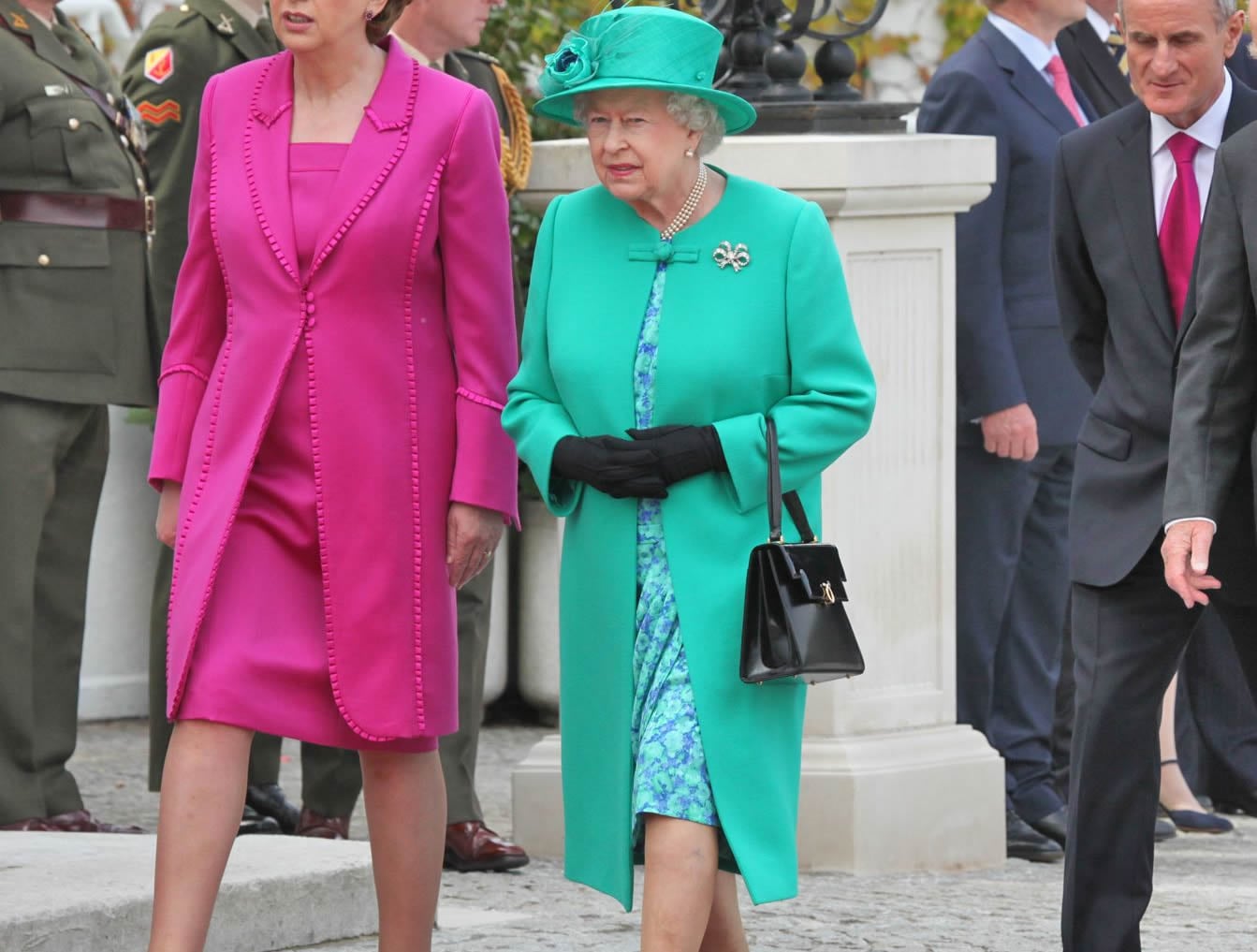Coutts Grant Pound Sterling the 'Royal Seal of Approval' for 2018

Above: Banker to the Queen, Coutts, spell out where they see opportunities in the market in 2018. Image © Irish Defence Forces.
Private bankers say the British Pound should rise against Euro, Dollar and Yen as it looks "attractive by long-term standards".
Coutts - the 300-year-old British private bank who count the Queen as one of their clients - say they continue to bet on a recovery in the value of Pound Sterling in 2018.
Strategists at the firm are looking to deliver returns to clients by maintaining a bet that the Pound will continue to rise against the Dollar, Euro and Japanese Yen.
The idea has actually been a cornerstone of the private bank's investment strategy since 2017 when buying Sterling against a basket of the three currencies was revealed as one of their 'investment opportunities' in January 2017.
The bet yielded 2.1% in a basket of seven other recommendations made by the bank which returned 11.6% overall.
Importantly, analysts say they will roll over the idea and retain conviction in all seven of their 2017 opportunities for 2018, believing they have an ongoing role to play in their portfolios and funds, "at least for the time being".
In their Investment Outlook 2018 note, Coutts argue, "the ongoing world economic expansion and signs of inflation picking up in the major markets this year should support these trades in the next 6-12 months".
These conditions should allow Sterling to continue its move higher against the Euro, Dollar and Yen.
"The Pound still looks attractive by long-term standards and remains at the low end of its 40-year valuation range. We expect it to recover further against major currencies, especially if the UK trade deficit begins to fall which should begin soon, in our view, provided Brexit negotiations are not too prolonged," say Mohammad Kamal Syed, Managing Director at Coutts.
The UK trade deficit is the result of the UK's penchant for importing more than it exports, and in order to balance the country's books with the rest of the world the country must attract strong inflows of foreign investment and returns on foreign investments held by UK citizens.
By reducing the trade deficit Sterling will not be reliant on foreign inflows - something that could be at risk were Brexit to be destabilising - and would therefore find itself on a more solid footing.
Signs of improvement have been growing as exports increase narrowing the trade deficit by £2.1bn to £6.2bn in the three months to November.
Exports increased by 2% in the latest three-month period – more than three times the rise in imports – driven by demand for goods exports to non-EU countries.
The Pound has been one of the better-performing currencies already in 2017, at the time of writing the Pound-to-Dollar exchange rate is nearly 2% higher against and the Pound-to-Euro exchange rate is near break-even at 1.1273.
Only the Norwegian Krone and New Zealand Dollar have done better.
Advertisement
Get up to 5% more foreign exchange by using a specialist provider to get closer to the real market rate and avoid the gaping spreads charged by your bank when providing currency. Learn more here.
'Strong Conviction' Calls for 2018
Coutts sees three areas in global markets where they are particularly confident:
Sterling – "The Pound still looks attractive by long-term standards and remains at the low end of its 40-year valuation range. We expect it to recover further against major currencies, especially if the UK trade deficit begins to fall which should begin soon, in our view, provided Brexit negotiations are not too prolonged."
Global Healthcare - "The sector remains inexpensive by long-term standards and continues to deliver healthy earnings growth, which investors haven’t yet appreciated fully. We think pharmaceutical and biotech companies should benefit from long-run demographic trends, with older people across the world increasingly prepared to spend heavily to live healthier lives."
Alternatives – "Diverse alternative investment strategies, ranging from trend-following to market neutral to global macro, still look attractive and provide ballast within portfolios, helping to offset some of the risk that comes from equities."




